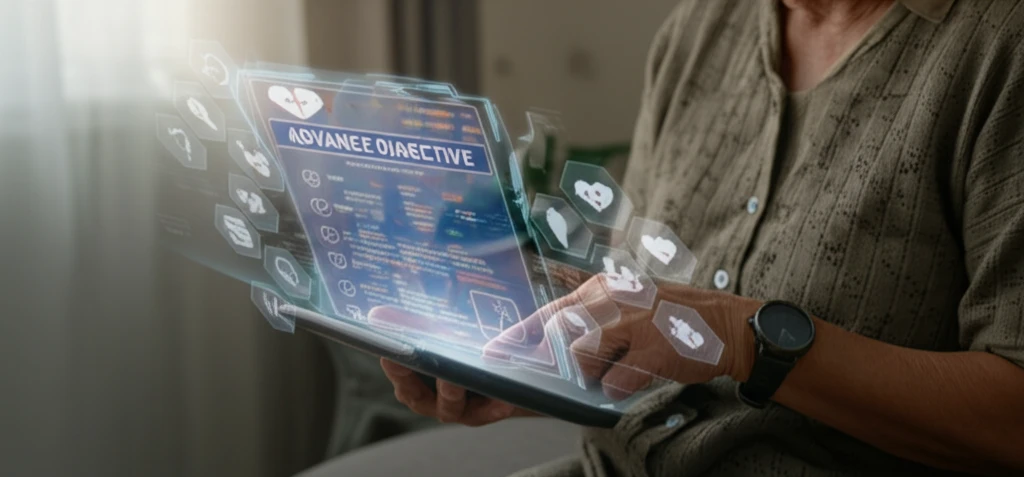
Navigating End-of-Life Decisions: How Online Tools Can Help Baby Boomers Plan Ahead
"Explore the effectiveness of online education and email prompting in assisting Baby Boomers with advance directives. Learn how technology can support future healthcare decisions."
Advance directives (ADs) are crucial for ensuring your healthcare wishes are honored, especially during times when you can't speak for yourself. These documents, which include financial and healthcare proxies, guide medical decisions and alleviate the burden on your loved ones. Despite their importance, AD completion rates remain low, particularly among older adults.
With the rise of digital tools, online education modules and email prompts have emerged as potential solutions to boost AD completion rates. However, questions remain about the effectiveness of these methods and whether they truly resonate with older generations. A recent study delves into these issues, examining the impact of online interventions on Baby Boomers' engagement with advance directives.
This article explores the findings of a randomized controlled trial (RCT) that investigated the effectiveness of online AD information and email prompting in facilitating AD completion among Australian Baby Boomers. We'll examine the methods used, the results obtained, and the implications for using online tools to promote advance care planning.
The Study: Online Formats for Advance Directives

The study, published in BMC Palliative Care, sought to determine whether online education modules and email prompts could increase the completion of advance directives among Baby Boomers. Researchers aimed to identify factors that might either help or hinder this generation's ability to complete these documents in an online environment.
- Education Module Only: Participants received access to an online education module containing information about ADs.
- Email Prompt Only: Participants received periodic email prompts encouraging them to consider completing ADs.
- Email Prompt and Education Module: Participants received both the online education module and email prompts.
- Control Group: Participants received neither the education module nor email prompts.
Key Takeaways and Future Directions
While the study suggests that neither email prompting nor online education significantly impacts AD completion rates for Baby Boomers, it also highlights the importance of understanding their preferences and attitudes toward online engagement. Future research should explore how to better tailor online interventions to meet the specific needs and preferences of this generational cohort. By doing so, we can help ensure that more individuals have the opportunity to make their healthcare wishes known and honored.
